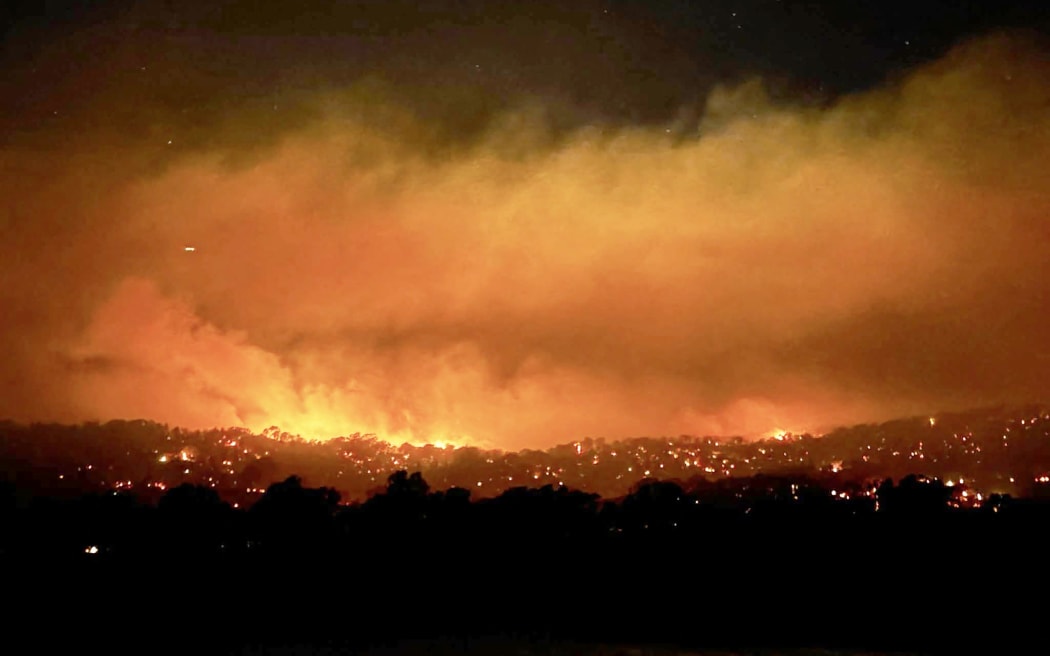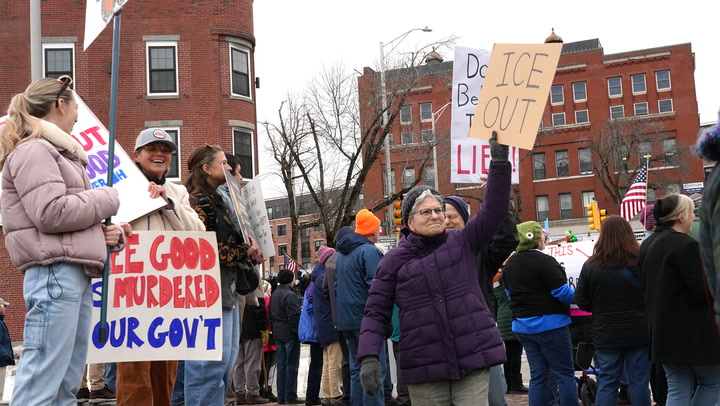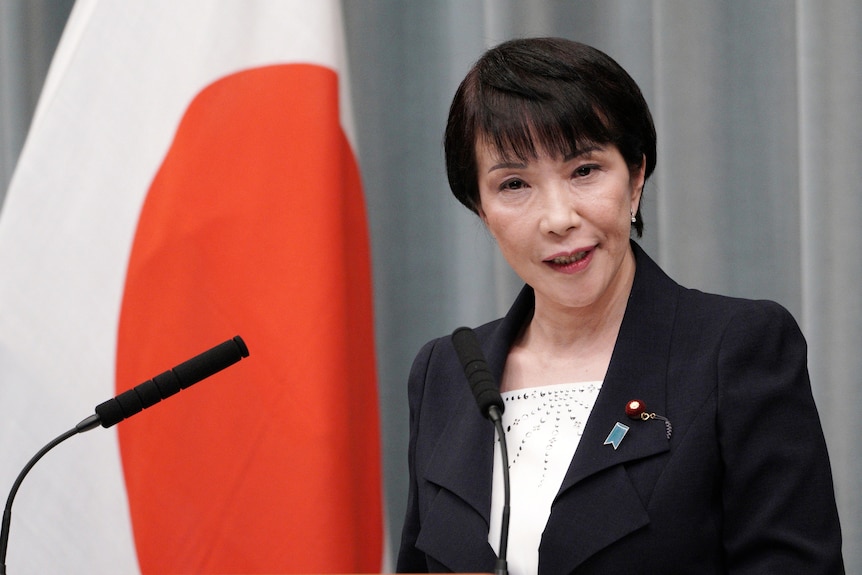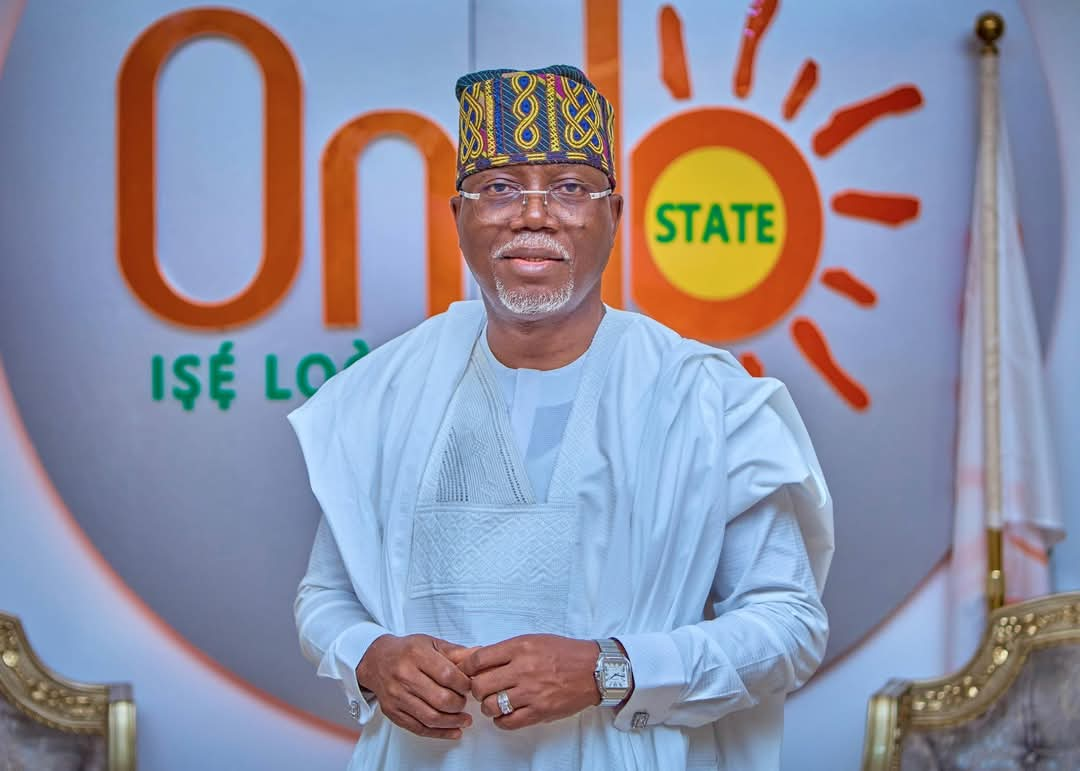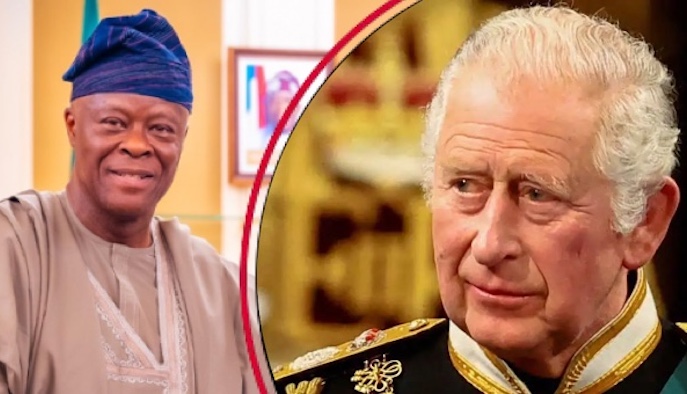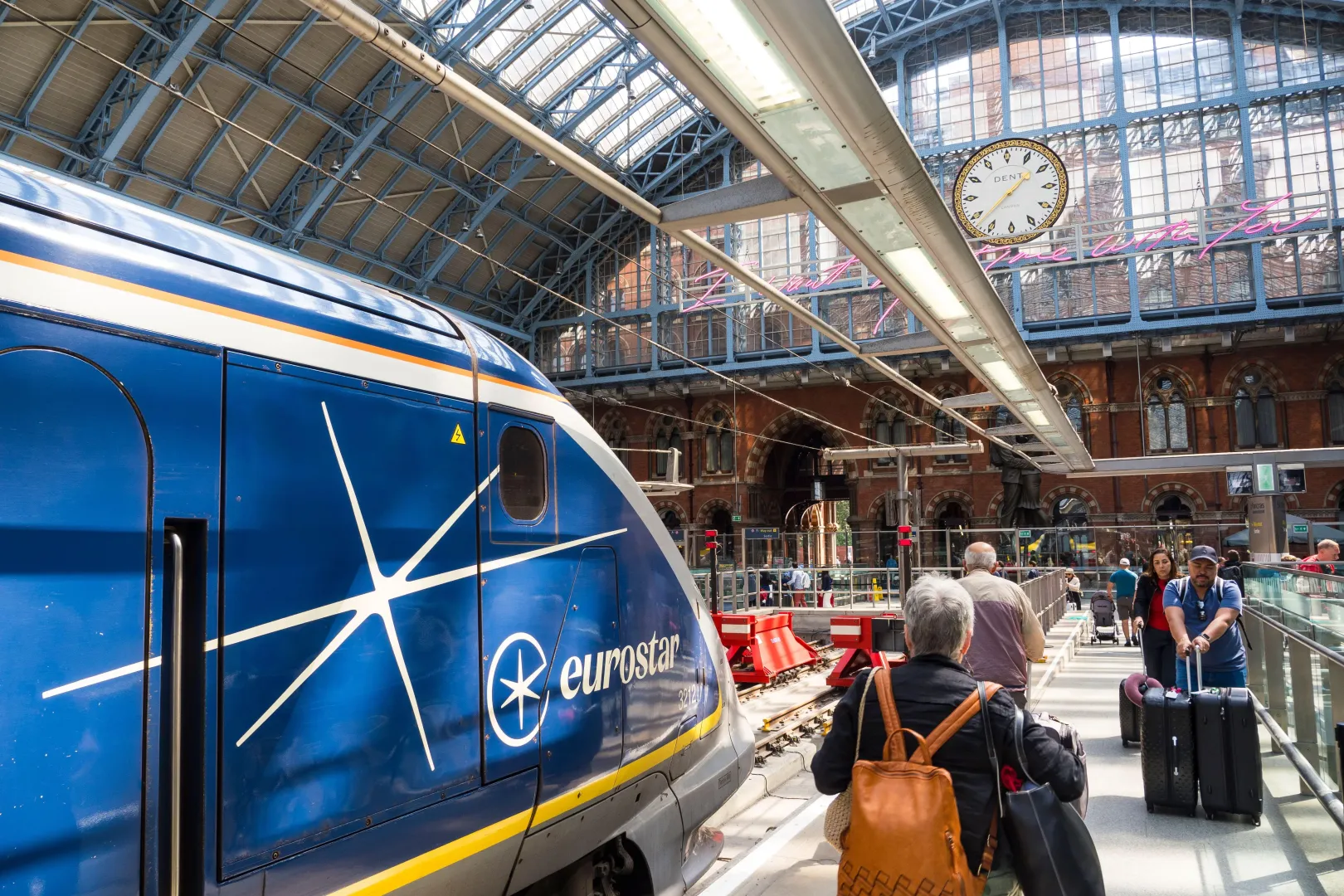The recent meeting between U.S. President Donald Trump and Ukrainian President Volodymyr Zelensky has stirred mixed emotions among Ukrainian refugees living in southern England—balancing fragile hope with a heavy dose of realism.
Trump, speaking after his White House talks with Zelensky, revealed that he had also spoken with Russian President Vladimir Putin to begin arranging a future meeting between the two leaders. The announcement, and the images of Trump and Zelensky exchanging smiles, reached Ukrainian communities abroad who continue to follow every development of the war closely.
For some, it was difficult to reconcile the tone of the meeting with the reality back home. “It gave some hope, but it was surreal to see them joking when there’s still a war going on,” said Iryna Bakaliar, who fled Lviv in 2022 and now lives in Reading.
Others described their feelings as cautious but not dismissive. “It’s a mix of hope and just being realistic,” said Irina Mozhova, a Ukrainian living in Dorset. “On one hand, any meeting like this is a good thing. The fact they sat down and had what sounds like a constructive chat is encouraging, and we are all desperate for a clear way forward. But at the same time, we’re not naive. What matters is what actually happens next. This is a big moment, but we really need solid action and support in the future.”
Natalya Buhiri-Shramko, who escaped to Newbury with her son, admitted she had expected little from the meeting, especially after Trump’s earlier encounter with Putin in Alaska. “The expectations were low,” she said. “But this went differently. It gave some hope that maybe there are options to end this, which is what we all hope for.”
Read Also: Natural Diabetes Remedies Big Pharma Won’t Tell You
She described the mood among Ukrainians as intensely focused on every detail of the talks. “We were glued to the news on Monday. Every moment, watching how it was changing, who said what, what promises were made. You ask yourself: what hope can we build from this?”
That tension—between hope and skepticism—captures the mood of many displaced Ukrainians. Each diplomatic gesture is followed closely, not just as political theater but as potential lifelines. For communities scattered abroad, the stakes remain deeply personal: behind every headline are families, futures, and the desperate desire for the war to finally end.


